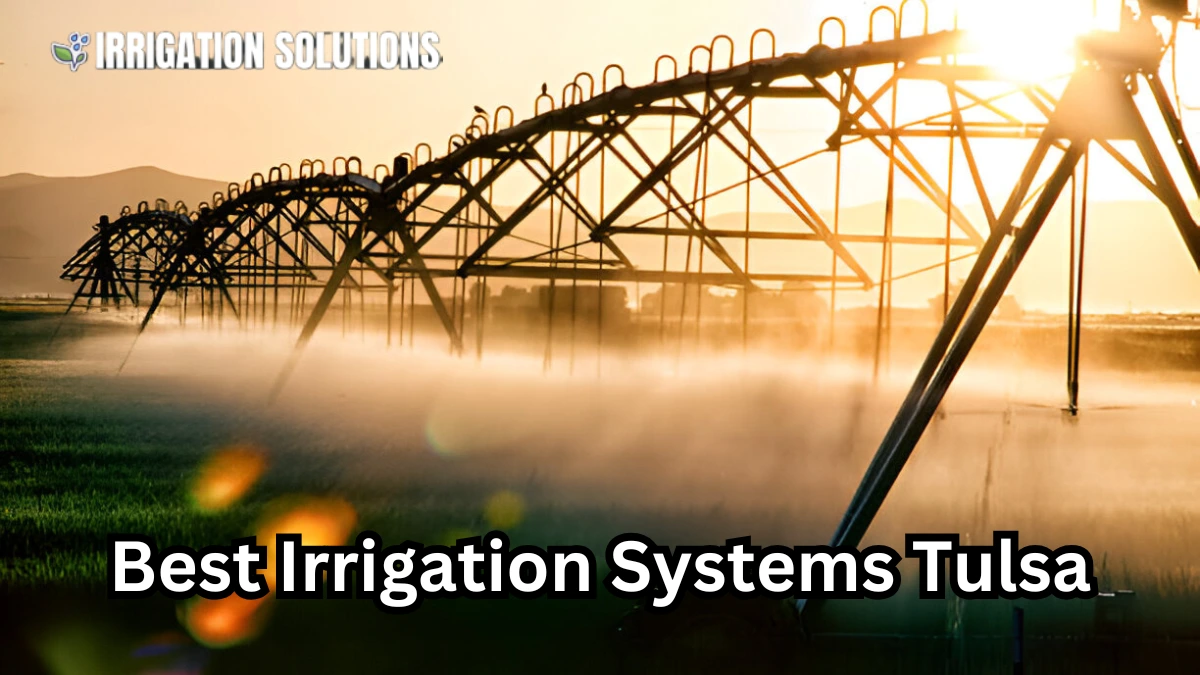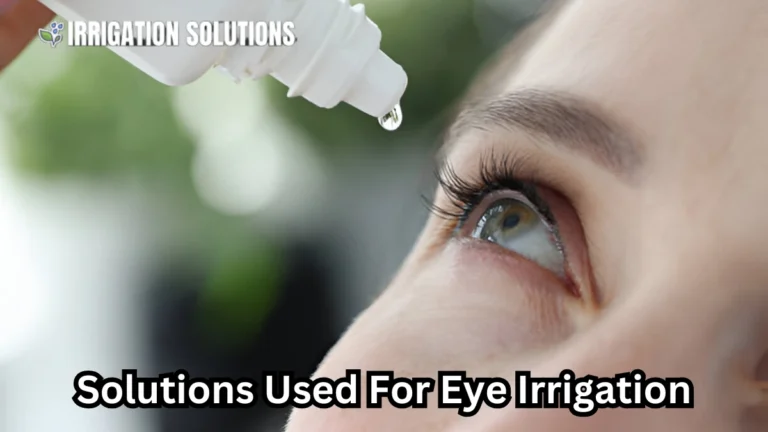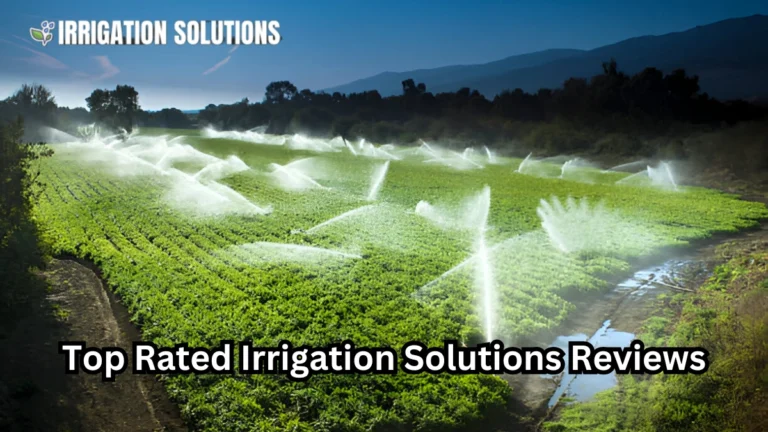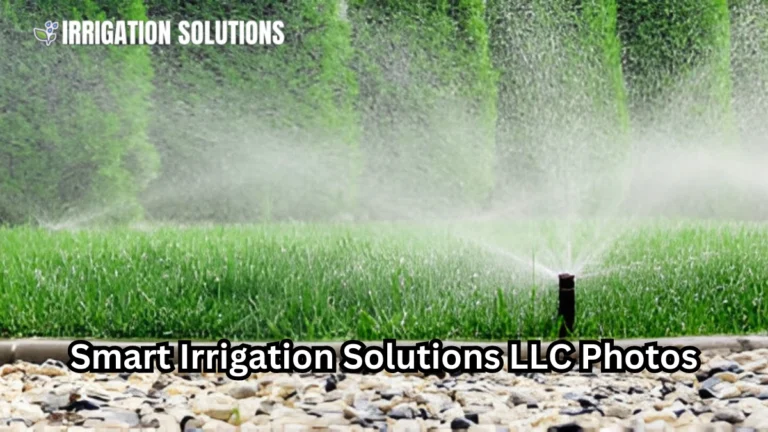best irrigation systems tulsa

Proper irrigation is vital for maintaining lush, green landscapes and ensuring efficient water usage. Whether you’re a homeowner, business owner, or agricultural enthusiast in Tulsa, understanding irrigation systems can save you time, money, and resources while keeping your outdoor spaces thriving. This guide dives deep into the types of irrigation systems, their benefits, installation tips, and much more, tailored specifically for Tulsa’s climate and soil.
Understanding Irrigation Systems
Irrigation systems are engineered to deliver water directly to plants, crops, or lawns efficiently. With Tulsa’s combination of hot summers and unpredictable rainfall, investing in a suitable system ensures your landscaping thrives regardless of weather conditions.
Key Benefits of an Efficient Irrigation System in Tulsa:
- Water Conservation: Reduces water waste by targeting specific areas.
- Improved Plant Health: Provides consistent moisture levels.
- Cost Efficiency: Saves on utility bills by preventing overwatering.
- Automation: Modern systems require minimal manual intervention.
Types of Irrigation Systems for Tulsa
Tulsa homeowners and businesses can choose from several irrigation systems depending on their needs and landscape design.
Sprinkler Systems
Sprinkler systems are common in urban and suburban Tulsa neighborhoods. These systems mimic rainfall by spraying water over large areas.
Advantages:
- Covers wide areas effectively.
- Easy to automate with timers and sensors.
- Ideal for lawns and gardens.
Best Practices in Tulsa:
- Use smart sprinklers with rain sensors to adjust watering schedules during heavy rainfall periods.
- Regularly inspect for clogged nozzles or leaks.
Drip Irrigation
Drip irrigation delivers water directly to plant roots through small tubes. This system is perfect for gardens, flower beds, and agricultural fields.
Advantages:
- Highly water efficient.
- Prevents weed growth by targeting specific plants.
- Reduces soil erosion.
Considerations for Tulsa Soil:
- Ensure proper filtration to prevent clogging from sediment.
- Adjust flow rates for different soil types, such as clay heavy areas common in Tulsa.
Surface Irrigation
Surface irrigation involves water flowing over soil surfaces to reach plants. While less high tech, it’s a practical option for certain agricultural settings in Tulsa.
Advantages:
- Simple setup.
- Cost effective for large fields.
Drawbacks:
- Higher water usage compared to other methods.
- May not suit uneven terrains.
Soaker Hoses
Soaker hoses are a middle ground between sprinklers and drip irrigation. They release water slowly along the hose’s length.
Best Applications:
- Vegetable gardens.
- Flower beds with dense plantings.
Choosing the Right Irrigation System in Tulsa
Selecting the right irrigation system depends on several factors, including your landscape’s size, soil type, and the type of vegetation.
| Factor | Recommendation |
| Soil Type | Clay soil benefits from drip irrigation. Sandy soils require deeper watering. |
| Land Area | Use sprinklers for large lawns, drip irrigation for smaller areas. |
| Vegetation | Drip irrigation is best for flower beds; sprinklers suit lawns. |
| Budget | Soaker hoses are cost-effective; smart systems save long-term. |
Tulsa Specific Irrigation Challenges
Tulsa’s unique weather and environmental factors can impact irrigation efficiency.
Climate
With average summer temperatures exceeding 90°F and frequent droughts, proper irrigation is essential. Use systems with drought tolerant settings to conserve water during dry spells.
Water Restrictions
Tulsa sometimes enforces water restrictions during peak summer months. Installing a rainwater harvesting system can supplement your irrigation needs.
Soil Composition
Tulsa soils range from loam to clay, affecting water absorption. Clay heavy soils require slower, deeper watering to prevent runoff.
Installation Tips for Tulsa Irrigation Systems
A well-installed irrigation system ensures long-term efficiency. Here’s how to get started:
- Conduct a Soil Test: Determine your soil type to choose the right system and flow rate.
- Plan Zones: Divide your landscape into zones based on sun exposure and plant water needs.
- Install Backflow Prevention: Protect your water supply from contamination.
- Hire Professionals: While DIY is possible, certified installers ensure compliance with Tulsa regulations.
Smart Irrigation Systems: The Future of Watering in Tulsa
Smart irrigation systems use technology to monitor weather, soil moisture, and plant needs. Popular in Tulsa, these systems reduce water waste and optimize plant health.
Features of Smart Systems:
- Weather Sensors: Adjust schedules during rain or heat waves.
- Mobile Control: Manage your system remotely.
- Water Usage Reports: Track and minimize waste.
Brands Popular in Tulsa:
- Rain Bird
- Hunter Industries
- Rachio Smart Sprinkler
Maintenance Tips for Your Tulsa Irrigation System
Regular maintenance is crucial for maximizing efficiency and lifespan.
- Inspect for Leaks: Check pipes, valves, and connections.
- Adjust Seasonally: Modify schedules based on rainfall and temperature changes.
- Flush the System: Prevent clogs by cleaning lines annually.
- Winterize Your System: Before Tulsa’s freezing temperatures set in, drain water to avoid pipe damage.
Case Study: A Tulsa Homeowner’s Irrigation Success
The Challenge: A homeowner in midtown Tulsa struggled with water runoff and dying plants due to inconsistent watering.
The Solution: They installed a combination of a smart sprinkler system for the lawn and drip irrigation for flower beds. Using rain sensors and timers, they reduced water waste by 40%.
The Results: Their landscape flourished year-round, and they saved $200 annually on water bills.
Final Thoughts
Investing in a reliable irrigation system is one of the best decisions for Tulsa homeowners and businesses. By understanding the options, considering local challenges, and maintaining your system, you can enjoy beautiful landscapes while conserving resources.






